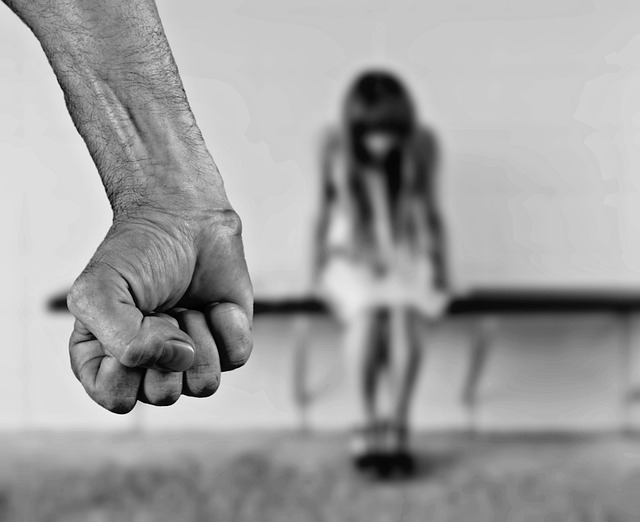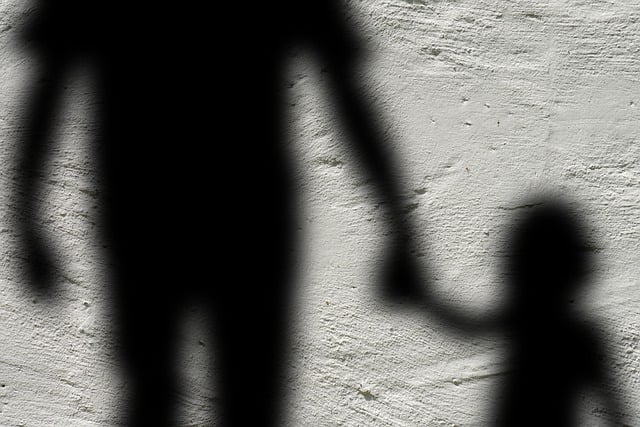Shelterwood Academy's dark history involves abuse and neglect of vulnerable families, as revealed by archived records and personal accounts. The impact is long-lasting, affecting survivors and their families with emotional and psychological scars. Advocacy for justice and support includes increasing awareness, policy reforms, and monitoring to prevent future abuse in residential treatment facilities.
In the pursuit of justice, we shed light on the historical abuse at Shelterwood Academy, a period shrouded in darkness that left lasting scars on families. This article explores the profound impact of such trauma, delving into the stories of those affected and their ongoing struggle for healing. We advocate for recognition and accountability, emphasizing the importance of addressing past injustices to foster a future free from similar atrocities. Understanding the legacy of Shelterwood Academy abuse is crucial in ensuring justice for all families harmed.
- Uncovering Shelterwood Academy's Dark History
- The Impact on Families: Long-Lasting Effects
- Advocating for Justice and Healing
Uncovering Shelterwood Academy's Dark History

The history of Shelterwood Academy, a once-reputable institution, is shrouded in darkness and secrecy, particularly regarding its treatment of vulnerable families. Uncovering this hidden narrative reveals a pattern of abuse and neglect that has left deep scars on those who were once under its care. The stories of Shelterwood Academy abuse have been whispered for years, but it’s only recently that these tales are gaining the attention they deserve.
Through archived records and personal testimonies, a disturbing picture emerges. Families were separated, children taken from their parents, and all in the name of ‘reform’ and ‘rehabilitation’. The methods employed by Shelterwood Academy were often harsh and emotionally damaging, leaving lasting trauma on those affected. As the truth begins to surface, there is an urgent need for justice and reconciliation for these families who endured such unacceptable treatment.
The Impact on Families: Long-Lasting Effects

The impact of Shelterwood Academy abuse extends far beyond the immediate experience, leaving deep and lasting scars on families. Survivors and their loved ones often grapple with complex emotional and psychological aftermath, which can manifest in various ways years after the initial trauma. The long-lasting effects include anxiety, depression, flashbacks, and trust issues, impacting not only individuals but also familial dynamics.
Families affected by Shelterwood Academy abuse may find themselves navigating a web of challenges. Children who experienced the abuse might struggle with attachment issues, affecting their relationships in adulthood. Parents, trying to provide a safe haven, could be left feeling overwhelmed and uncertain about how to support their children’s healing process. This complex situation demands understanding, empathy, and comprehensive resources to help families break free from the cycle of trauma and rebuild their lives.
Advocating for Justice and Healing

Advocacy plays a pivotal role in ensuring justice and healing for families impacted by the Shelterwood Academy abuse. It involves raising awareness about the traumatic experiences endured, pushing for policy changes to prevent future occurrences, and providing support systems for those who have been affected. This process requires collective effort from survivors, their loved ones, community leaders, and legal professionals who can navigate complex legal frameworks.
By coming together, advocates can lobby for improved oversight of residential treatment facilities, better training for staff, and enhanced reporting mechanisms to address any signs of abuse promptly. These measures are essential steps towards creating a safer environment and offering much-needed healing for families affected by Shelterwood Academy abuse.
The dark history of Shelterwood Academy’s abuse must be acknowledged and addressed to bring about justice for the affected families. The long-lasting effects on individuals and their loved ones highlight the urgent need for healing and accountability. Through advocacy and support, it is possible to navigate the path towards recovery and ensure that such atrocities are never repeated, fostering a safer and more just environment for all. By confronting the past, we can pave the way for a brighter future, where every individual deserves protection and respect.
